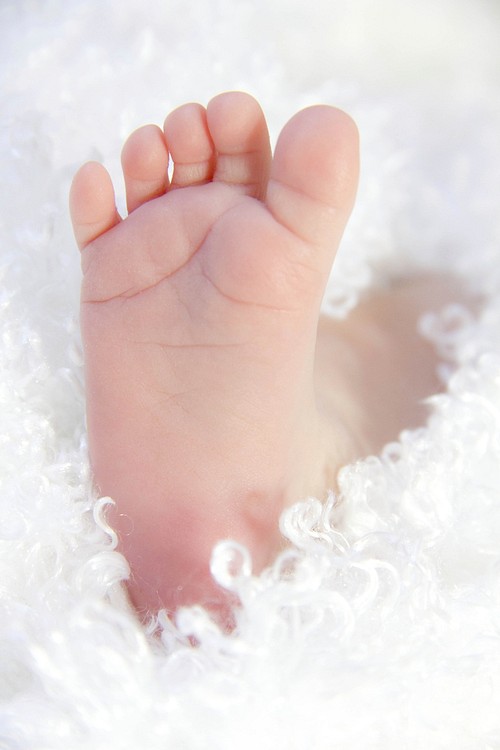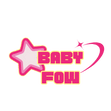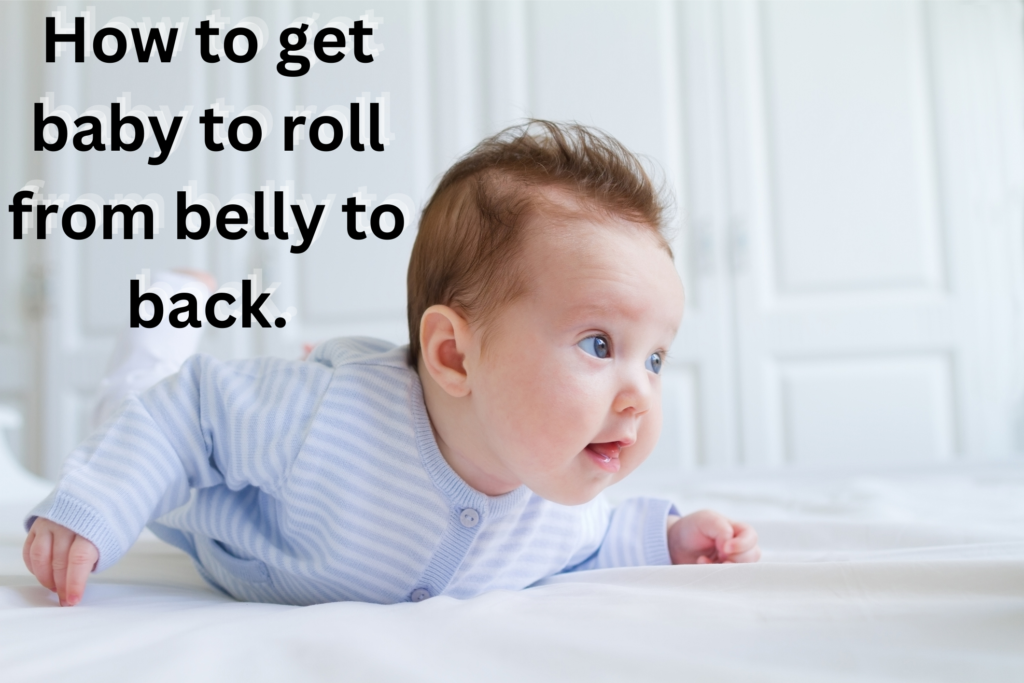Your Comprehensive Guide to Postpartum Care
Wondering What should i do after giving birth? This guide covers everything from physical recovery to emotional well-being, ensuring you navigate postpartum with confidence.
Table of Contents

What should i do after giving birth ?
Congratulations on the arrival of your little one! While the birth of a baby is a joyous occasion, it’s essential to prioritize your own well-being in the postpartum period. From physical healing to emotional adjustment, this guide will provide you with the necessary steps to navigate this transformative time with ease.
Understanding Your Body
Recovery Essentials
After giving birth, your body undergoes significant changes. Learn how to care for yourself during this crucial period to promote healing and prevent complications.
Managing Pain and Discomfort
Explore effective strategies for managing postpartum pain and discomfort, ensuring a smoother recovery process.
Embracing Emotional Well-being
Navigating Postpartum Emotions
Discover common postpartum emotions and effective coping mechanisms to navigate this emotional rollercoaster.
Building a Support System
Explore the importance of building a support network and seeking assistance when needed during the postpartum period.
Bonding with Your Baby
Skin-to-Skin Contact
Learn about the benefits of skin-to-skin contact for both you and your newborn, fostering a strong bond from the very beginning.
Breastfeeding Support
Find valuable tips and resources to support your breastfeeding journey, promoting bonding and nurturing between you and your baby.
Practical Tips for Daily Life
Managing Sleep Deprivation
Discover practical strategies for coping with sleep deprivation while caring for your newborn.
Meal Planning and Nutrition
Explore the importance of proper nutrition in the postpartum period and discover simple meal planning tips to support your overall well-being.

Returning to Exercise Safely
Postpartum Exercise Guidelines
Learn about safe and effective exercises to gradually reintroduce physical activity after giving birth, promoting strength and vitality.
Listening to Your Body
Understand the importance of listening to your body’s cues and respecting its limits as you ease back into an exercise routine.
Reconnecting with Your Partner
Maintaining Intimacy
Explore strategies for maintaining intimacy and connection with your partner amidst the demands of new parenthood.
Effective Communication
Learn how to communicate openly and effectively with your partner, fostering a supportive and harmonious relationship during this transition.
Navigating Changes in Identity
Rediscovering Yourself
Reflect on the changes in identity that accompany new parenthood and explore strategies for embracing this evolution with grace and acceptance.
Setting Realistic Expectations
Learn how to set realistic expectations for yourself and your journey through motherhood, promoting self-compassion and resilience.
Read More :
Everything You Need to Know About Newborns in 2024
Congratulations on your new arrival:
The postpartum period, commonly known as the time after childbirth, is crucial for both the mother’s and baby’s health and well-being. Understanding what to do after giving birth is vital for a smooth transition into motherhood and ensuring optimal recovery.
Initial Recovery
After giving birth, your body needs time to heal and recover from the birthing process. Rest and Recovery are paramount during this period. Your healthcare provider will likely advise you to take it easy, allowing your body to recuperate fully. Additionally, managing pain and discomfort with prescribed medication or natural remedies can aid in a smoother recovery process.

Physical Care
Maintaining proper hygiene is essential for preventing infections and promoting healing. Regular showers and changing sanitary pads frequently can help with proper hygiene. It’s also crucial to understand and manage postpartum bleeding, which is normal but should be monitored closely.
Emotional Well-being
While adjusting to motherhood, many women experience a range of emotions, from joy and excitement to anxiety and sadness. It’s essential to address postpartum depression and anxiety if you’re feeling overwhelmed or experiencing mood changes. Seeking support from loved ones and professionals can provide invaluable assistance during this time.
Breastfeeding and Nutrition
Breastfeeding offers numerous benefits for both mother and baby. Establishing breastfeeding early on is key to ensuring a good latch and an adequate milk supply. Alongside breastfeeding, maintaining a nutritious diet rich in vitamins and minerals is vital for your recovery and overall health.
Bonding with the Baby
Bonding with your newborn is a precious experience that fosters a strong emotional connection. Skin-to-skin contact promotes bonding and helps regulate your baby’s temperature and heart rate. Additionally, engaging in activities like feeding and cuddling encourages bonding and fosters a sense of security for your little one.
Resuming Activities
As your body continues to heal, you may gradually resume regular activities. It’s essential to listen to your body and avoid overexertion. Incorporating gentle exercise and physical activity can help rebuild strength and improve overall well-being.
Contraception and Family Planning
While caring for your newborn, it’s essential to consider contraception and family planning for the future. Discussing birth control options with your healthcare provider can help you make informed decisions about your reproductive health.
Follow-up Medical Care
Postpartum check-ups are crucial for monitoring your health and addressing any concerns. Follow-up medical care allows your healthcare provider to assess your recovery progress and provide necessary support or interventions.
Bringing a new life into the world is an incredible journey:
it’s also important to take care of yourself postpartum. Many new moms wonder, “What should I do after giving birth?” This question is common, and in this blog post, we’ll explore some essential steps to take care of yourself and your newborn during the postpartum period.

1. Rest and Recovery
After giving birth, your body needs time to heal. Make sure to get plenty of rest and accept help from friends and family members. Focus on self-care activities such as gentle stretching, deep breathing exercises, and staying hydrated. Remember, it’s okay to prioritize your well-being during this time.
2. Bonding with Your Baby
Bonding with your newborn is essential for their development and your emotional connection. Spend quality time cuddling, breastfeeding (if you choose to breastfeed), and engaging in skin-to-skin contact. These activities promote bonding and help you understand your baby’s cues and needs.
3. Nutritious Diet
Maintaining a nutritious diet is crucial for postpartum recovery and breastfeeding success. Aim to eat a balanced diet rich in fruits, vegetables, lean proteins, and whole grains. Stay hydrated by drinking plenty of water, and consider taking prenatal vitamins to replenish essential nutrients.
4. Gentle Exercise
While it’s essential to rest, incorporating gentle exercise into your routine can promote postpartum recovery and boost your mood. Start with light activities such as walking, pelvic floor exercises, and gentle yoga. Listen to your body and gradually increase the intensity as you feel comfortable.
5. Emotional Support
The postpartum period can bring a range of emotions, from joy and excitement to feelings of overwhelm and anxiety. It’s essential to seek emotional support from your partner, friends, or a professional if needed. Joining a new mom’s group or connecting with other parents can also provide valuable support and reassurance.
FAQs (Frequently Asked Questions)
Postpartum Considerations:
Following childbirth, a mother’s body undergoes significant physical and hormonal changes. While welcoming a newborn is a joyous occasion, prioritizing proper recovery is crucial. Here are key areas to focus on:
- Rest and Recuperation: Childbirth is physically demanding. Listen to your body and prioritize sleep whenever possible. This might involve delegating household tasks and accepting help from partners, family, or friends.
- Dietary Care: Nourish your body with a balanced diet rich in fruits, vegetables, whole grains, and lean protein. This helps with healing, provides energy for caring for your newborn, and supports milk production if you’re breastfeeding.
- Physical Activity: Gentle walks or stretches can be beneficial after consulting your doctor. Avoid strenuous activity, especially heavy lifting, until your doctor clears you. Resuming exercise too early can hinder healing and increase the risk of complications.
- Personal Hygiene: Maintain cleanliness to prevent infections. This includes regular showering, changing pads frequently, and proper care of any episiotomy or C-section incision (as instructed by your doctor).

What to Avoid:
- Inserting objects into the vagina: This includes tampons, menstrual cups, and douches. Your doctor will advise when it’s safe to resume using these products, typically around the 6-week postpartum checkup.
- Strenuous Activity: Avoid heavy lifting, straining, or intense exercise until your doctor clears you. Your body needs time to heal, and pushing yourself too soon can lead to complications.
- Unrestricted Activity: Take things slowly and listen to your body’s limitations. Climbing stairs frequently or for extended periods can be strenuous in the initial recovery phase. Ask for help when needed, and gradually increase activity levels as your doctor recommends.
- Swimming and Bathing: Wait for your doctor’s go-ahead before taking baths or going swimming. This helps prevent infections that can occur through exposure to unclean water sources.
Seeking Additional Support:
- Doctor’s Guidance: Schedule regular postpartum checkups with your doctor. They will monitor your recovery, address any concerns, and provide personalized advice tailored to your specific needs.
- Mental and Emotional Well-being: Don’t hesitate to seek help if you experience symptoms of postpartum depression or anxiety. Talk to your doctor or a mental health professional. Remember, prioritizing your mental and emotional well-being is essential for both you and your baby.
Reliable Sources for Further Information:
- Government health resources: https://www.hhs.gov/
- Medical websites: https://www.mayoclinic.org/patient-visitor-guide/arizona/campus-buildings-maps/mayo-clinic-hospital
- Pregnancy and childbirth organizations: https://americanpregnancy.org/
Conclusion
Navigating the postpartum period can be both exhilarating and challenging. By prioritizing self-care, seeking support, and embracing the journey with an open heart, you can navigate this transformative time with confidence and grace.








insurance | Disability Insurance Needs: Disability insurance is often overlooked but is essential for protecting your income if you become unable to work due to illness or injury. MAFA Insurance stresses the importance of considering this coverage as part of a comprehensive financial plan.